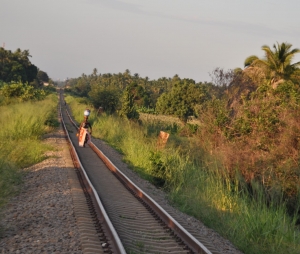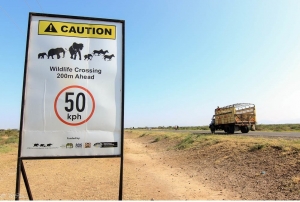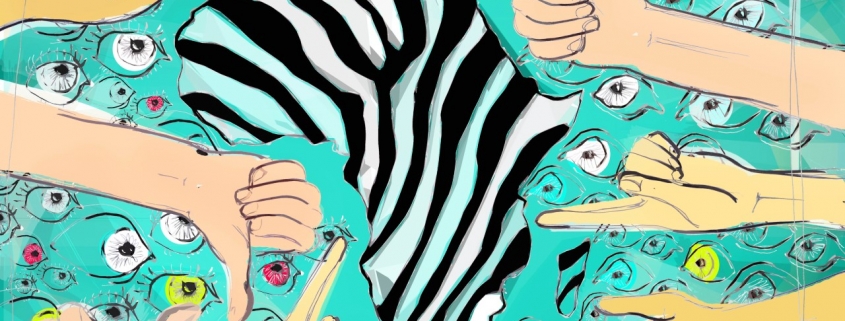On the IWT horizon: Reshaping Africa’s role of wildlife trade and its relationship between economic systems and nature
Two years and a lifetime ago when we embarked as a community on a horizon scan process to identify possible game changing issues that would shape tomorrow’s decisions on illegal wildlife trade (IWT), Africa was growing at 3-5% annually and the continent’s leaders had just signed the African Continental Free Trade Area agreement, setting out a path for free movement of goods and people across the 54 nations of Africa. Africa’s development path and the extent to which wildlife is accounted for in its plans was identified as one of the top 20 emerging issues prioritised through the horizon scan process deemed to significantly affect the future of IWT.

Horizon scan issue no. 7: Managing wildlife trade in the context of Africa’s economic growth policies. Illustration Credit: Sofiya Shukhova
Covid-19 has transformed how we, humanity, live on this planet. In a matter of weeks our transport, trade and health systems has been radically altered in a desperate attempt to halt the spread of a pathogen that likely originated in the wild and spread through contact between species. As a result, the rules, customs and systems around wildlife trade are changing. How they change and who has a say in how they change matters.
Africa’s strategic growth plans to open up the continent are now on hold and the April 2020 International Monetary Fund projections place Africa’s growth rate at a record low of 1.6%[1]. Field reports from colleagues from DRC to Zimbabwe express rising food and fuel prices[2] and increasing insecurity. A situation also experienced in urban centers. According to the World Bank, agriculture production across the continent may decline by as much as 7% due to supply disruptions. This coupled with this year’s infestations of locusts and flooding events across parts of the continent is creating serious concerns about food insecurity. Tourism, once a cornerstone of funding for wildlife conservation, has ceased overnight. The sector is facing an unprecedented crisis which has ripple effects in protected areas, conservancies and communities dependent on revenues for operations.

Contemplating Africa’s future. Photo Credit: AWF Andrea Athanas
The current global economic meltdown has put a fork in the road for future progress of many African countries – providing a moment of pause before moving forward in one or another direction. How Africa’s leaders respond to the current crisis will shape Africa’s development for decades to come. There is a possibility this decision point will be used to transition into a system that is more inclusive, green and restorative, but equally the opposite could be true. In our horizon scan paper (see Supplementary Material Appendices 2 & 3 in particular) we posited that future African free trade presents opportunities to combat IWT by providing stronger governance over trade, systemised border crossings and cross-border law enforcement collaboration. Together as a global community we should concentrate efforts to enhance the management and coordination of wildlife trade while also investing in sustainable rural jobs that provide legitimate economic opportunities for rural youth. These approaches will incentivise communities to combat IWT while at the same time ensuring that wildlife products are managed through robust rules and institutions embedded in Africa’s growth strategies, investment plans and trade agreements. Covid-19 has made it clear that strong and effective governance over trade, systemised border crossings and cross-border law enforcement are not just requirements for vibrant, resilient economies, but also essential for protecting public health and wellbeing in the age of global pandemics.

Navigating the challenges of finding space for wildlife in Africa’s development road ahead. Photo Credit: AWF Peter Chira.
The role of wildlife trade and the relationship between economic systems and nature is continuously being redefined, even on a personal individual level for many. Africa needs to play a central role in reshaping these relationships and global agreements have an important place in creating a more robust framework for managing risks and creating incentives for green growth opportunities. While historically the tendency in global dialogues has been for a few dominant perspectives to dictate conditions on such issues, there is a growing effort to meaningfully engaging a wider set of stakeholders to address interconnected transcontinental challenges.
As African leaders and youth assert their ownership over development pathways, Africans will choose their own development path. As we begin to think about how to recover from this pandemic, it is more important than ever that we deepen and broaden our partnerships, jointly define solutions, and strengthen our collective capacity to address challenges we will face, together.
This is a part of the On the IWT horizon series for proactive engagement with wildlife trade issues in an unsettled world.
Read the full paper in Conservation Letters, Emerging illegal wildlife trade issues: A global horizon scan.
With thanks to Nafeesa Esmail for her leadership throughout the Horizon Scan process and thoughtful review of the piece, to Catherine Workman and Zara Bending for their helpful inputs, and to Kaddu Sebunya for his vision and tireless advocacy for African voices for wildlife and wild lands.
[1] 2020. IMF. Regional economic outlook. Sub-Saharan Africa: COVID-19: an unprecedented threat to development. Washington, DC. ISBN 9781513536835
[2] Despite fuel price drops elsewhere due to over supply and falling demand, in remote areas where AWF operates the case is different, with fuel prices rising perhaps because of challenges to do with supply chains.






 Melissa Arias
Melissa Arias